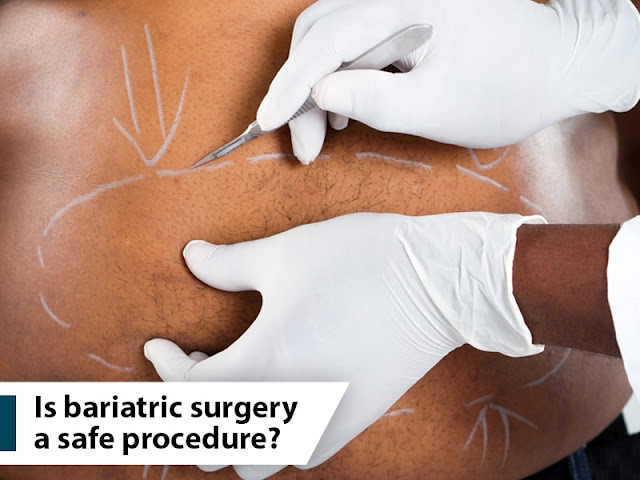Laparoscopic hernia surgery is a common surgical procedure that is used to repair a hernia. A hernia occurs when an organ, especially the intestines, protrudes through a weak spot in one's abdominal wall. There are many myths surrounding laparoscopic hernia surgery that can cause confusion and anxiety for patients. Here, a laparoscopic hernia surgeon in Nashik will take us through the common myths and facts about laparoscopic hernia surgery.
What are some common myths vs facts about laparoscopic hernia surgery?
1. Myth: Laparoscopic hernia surgery is not as effective as open surgery.
Fact: Laparoscopic hernia surgery has been shown to be just as effective as open surgery for repairing hernias. In fact, some studies suggest that laparoscopic hernia surgery may have a lower rate of recurrence compared to open surgery.
2. Myth: Laparoscopic hernia surgery is more painful than open surgery.
Fact: According to the best hernia surgeon in Nashik, a laparoscopic hernia surgery is typically associated with less pain compared to open surgery. This is because the incisions made during laparoscopic surgery are smaller, resulting in less tissue damage and a faster recovery time.
3. Myth: Laparoscopic hernia surgery is only suitable for small hernias.
Fact: Laparoscopic hernia surgery can be used to repair both small and large hernias. However, the size and location of the hernia may affect the surgeon's decision on which type of surgery to perform.
4. Myth: Laparoscopic hernia surgery requires a longer recovery time.
Fact: Laparoscopic hernia surgery typically results in a faster recovery time compared to open surgery. Patients may be able to return to normal activities, including work, within a few days to a few weeks after surgery.
If you are diagnosed with hernia, get an appointment with a hernia surgeon to know if you need traditional surgery or laparoscopic surgery for your condition.












.jpg)
.jpg)